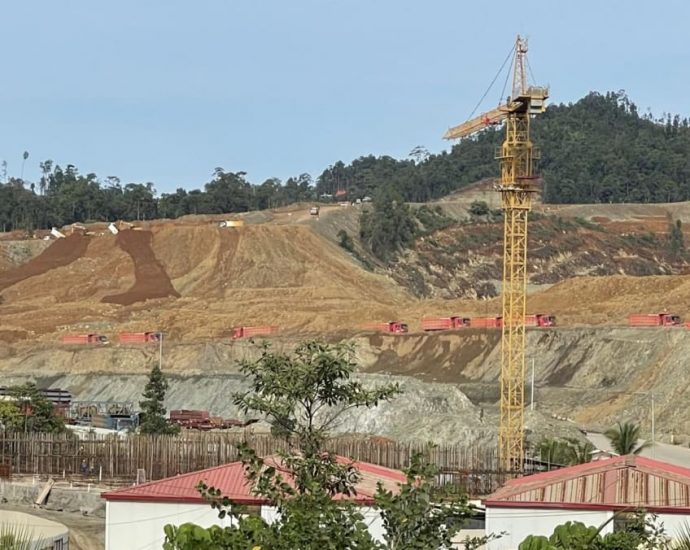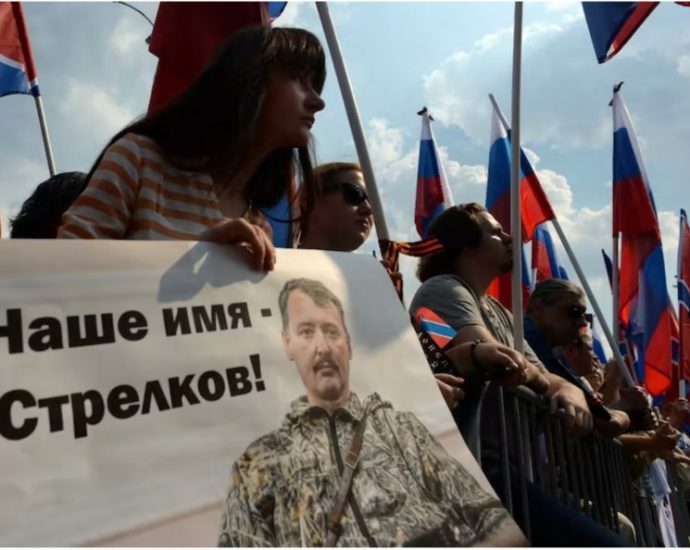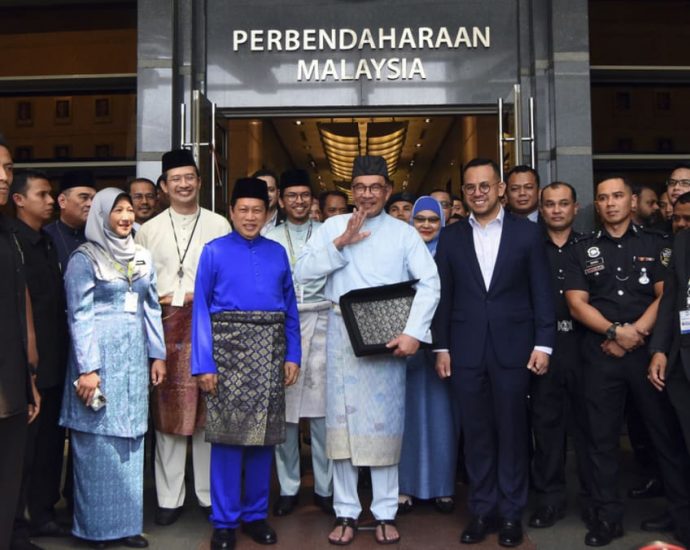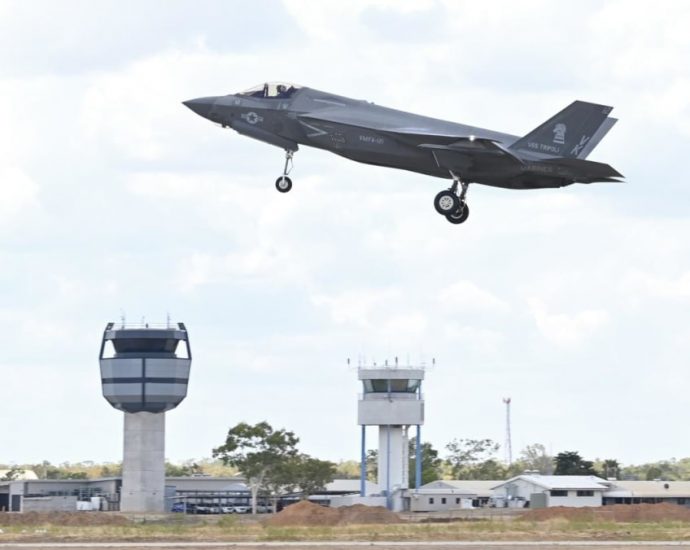Commentary: Leave my beloved Roald Dahl books alone
Childhood favourites like Matilda and Charlie And The Chocolate Factory have been scrubbed of some of author Roald Dahl’s colourful language for a modern audience. CNA’s Charlene Tan wonders what the fuss is all about.Continue Reading
Commentary: Higher CPF monthly salary ceiling is good news for your retirement plan – provided you make the most of it
Amid the debate over the higher CPF monthly salary ceiling, Endowus’ chief investment officer looks at what the changes mean for your retirement income in dollars and cents.Continue Reading
North Maluku is Indonesia’s nickel powerhouse, but does the wealth filter down?
LIFTING OF EXPORT BAN ON NICKEL MAY IMPACT REGIONAL GROWTH North Maluku’s economic growth can be attributed, in part, to Jokowi’s efforts to develop the downstream capabilities of certain industries – in particular, the mining and mineral sectors. Indonesia has also imposed an export ban on nickel ore since JanuaryContinue Reading
Thailand votes to end Ukraine war
Foreign affairs scholars said Thailand made the right decision in supporting the UN’s resolution calling for an end to the war in Ukraine and demanding Russia’s immediate withdrawal from the country.Continue Reading
China’s ironic reticence on land grab in Ukraine

China’s newly-released plan to promote peace talks between Ukraine and Russia conspicuously fails to say clearly whether Moscow should withdraw its troops from the Donbas region now. China’s foreign ministry released a 12-point statement on Friday, the first anniversary of Russia’s invasion of Ukraine, calling on both sides to cease fire and open a dialogue […]Continue Reading
China urges Russia-Ukraine talks, UN supports no nukes clause
BEIJING: China called on Friday (Feb 24) for urgent peace talks as it released its plan to end the war in Ukraine, but several Western powers rebuffed the proposals while warning against Beijing’s closening ties to Moscow. The United Nations expressed cautious optimism over the Chinese proposals, particularly over theContinue Reading
Temasek among 18 firms and banks hit by US class action lawsuit for allegedly defrauding FTX customers
SINGAPORE: Singapore’s state investment firm Temasek, along with 17 other banks, venture capitalists and accounting firms, is being sued for allegedly conspiring with cryptocurrency exchange FTX to defraud investors. The 83-page class action lawsuit was filed in Miami, Florida on Wednesday (Feb 22) by Connor O’Keefe, an FTX customer whoseContinue Reading
Two activists leave hospital, continue hunger strike
Pro-democracy activists Tantawan “Tawan” Tuatulanon and Orawan “Bam” Phuphong left Thammasat University Hospital for the Supreme Court on Friday and insisted they will continue their hunger strike — now in its 38th day — until all their demands are met.Continue Reading
Snap Insight: With eye on state polls, Anwar’s budget focused on aid for those struggling
Although this is the biggest budget in Malaysia’s history, it is very much still a recovery budget from the pandemic damage, says James Chin.
Continue Reading
Singapore to acquire 8 more F-35B fighter jets, growing fleet to 12
The Singapore Armed Forces will also upgrade its training with virtual reality technology and a new digital range, as part of its 2040 vision.Continue Reading










